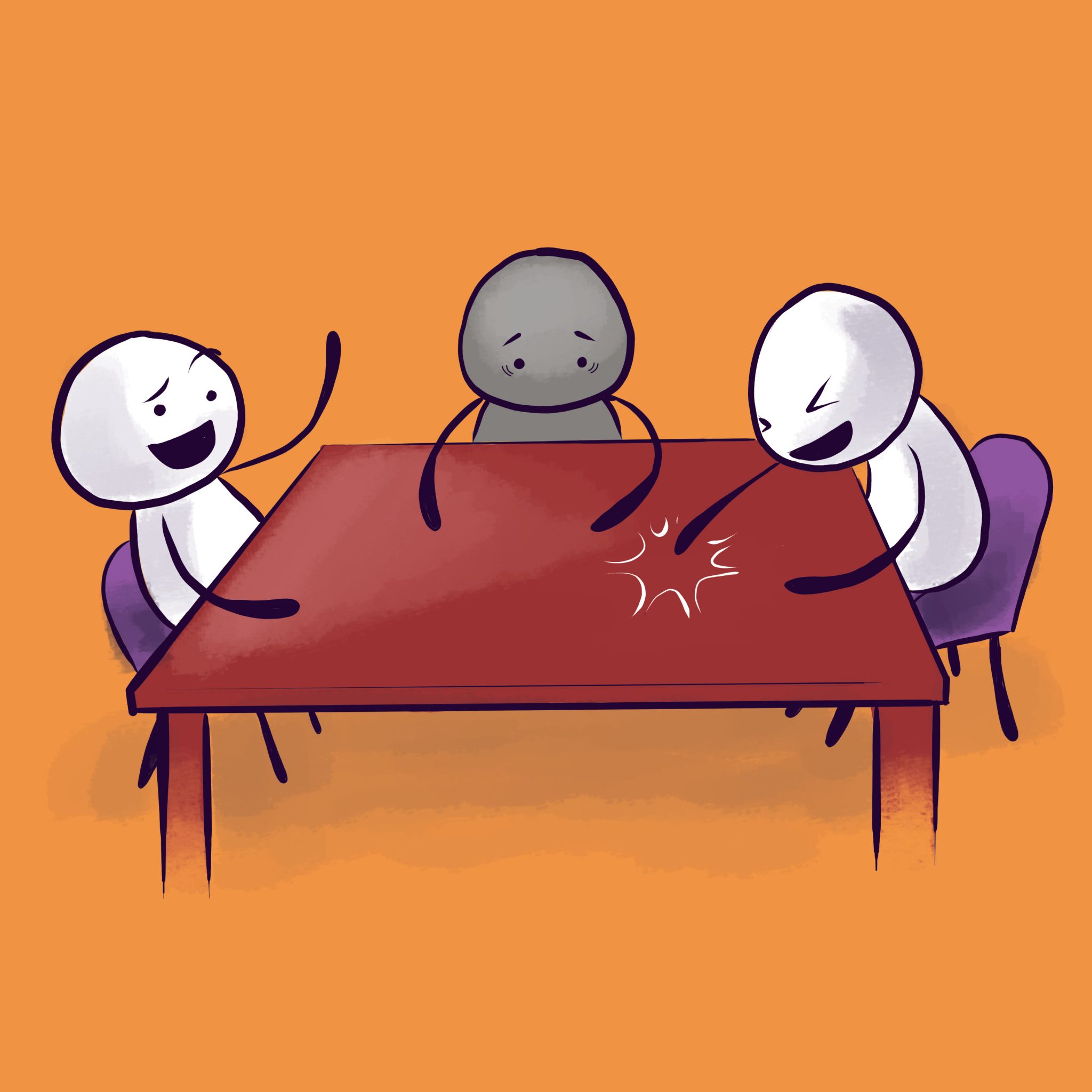The experience of celebrating the holidays with seasonal depression


Now that daylight savings time has ended, it can feel like the entire day happens in the dark. If you’re like me and don’t wake up until later in the day, you may only have 5 or 6 hours of sunlight to enjoy. For many people, this change is unpleasant. For those with mental illness, however, it can really take a toll.
I’ve dealt with depression throughout my life, but when I was diagnosed with Seasonal Affective Disorder (SAD) a few years ago, it finally made sense why I spent most of the winter tired, moody, and drained of energy.
SAD is a type of depression that is related to the seasons changing, most often occurring during the fall and winter months. While many people may experience a dip in their mood when the temperature drops, SAD is much more than the ‘winter blues’ that many people experience. Common symptoms can include fatigue, oversleeping, weight gain and feeling hopeless, among others.
While such symptoms are distressing at any time during the year, they can be especially annoying during the holiday season. Once November hits, things become busier than ever for university students. Not only do you have to worry about final papers, projects and exams, but it’s also the time of end-of-term parties, holiday dinners, seeing family and much more.
If you notice that one of your friends is acting different or isolating themselves, reach out to them, but respect that they may not have the ability, or the wish, to take part in all the festivities.
This can be overwhelming for anyone, but for those living with a mental illness like SAD, it can be particularly exhausting. Staying in when it seems like everyone else is out having fun can be rough. For many people, they don’t want to be missing out, but their mental illness makes it difficult.
Depression can also cause people to lose interest in activities that they used to like. When you’re expected to enjoy all the parties and get-togethers, other people may see you as cold or unfriendly if you don’t.
Personally, it feels like I’m always tired during the winter months. I sleep in and go to bed early, and it’s not unusual for me to take a nap during the day.
This often means that I’ll miss events or that I don’t feel up to go out with my friends. Frequently, this causes feelings of guilt. I don’t want to be the person that ruins the holiday season for everyone else.
It’s important to remember that it’s not my job to make other people happy, and it’s not your job either. The holidays will happen whether you love them, hate them, or skip them entirely. Above all, your health should be your number one priority.
We’re constantly told that the holidays are supposed to be full of fun and cheer, but for those living with a mental illness, it’s much more complicated. All of the presents, decorations, music and food in the world can’t cure a mental illness. It’s okay if you’re still struggling during the holidays. In the end, they’re just another day.
There can be a lot of pressure to do everything. It’s okay to cancel plans or skip a party if you’re not feeling up for it.
Remember that your mental health is more important than dragging yourself to a party that you won’t enjoy anyway. At first, your friends might be upset that you can’t do everything with them, but those that really care about you will want you to put your health first.
If you notice that one of your friends is acting different or isolating themselves, reach out to them, but respect that they may not have the ability, or the wish, to take part in all the festivities.
While it’s normal to experience a slight change in mood during the winter months, if it’s impacting your day-to-day life I encourage you to reach out to someone you trust, whether it’s a friend, a family member, or a healthcare professional. You don’t have to live life in the dark.


